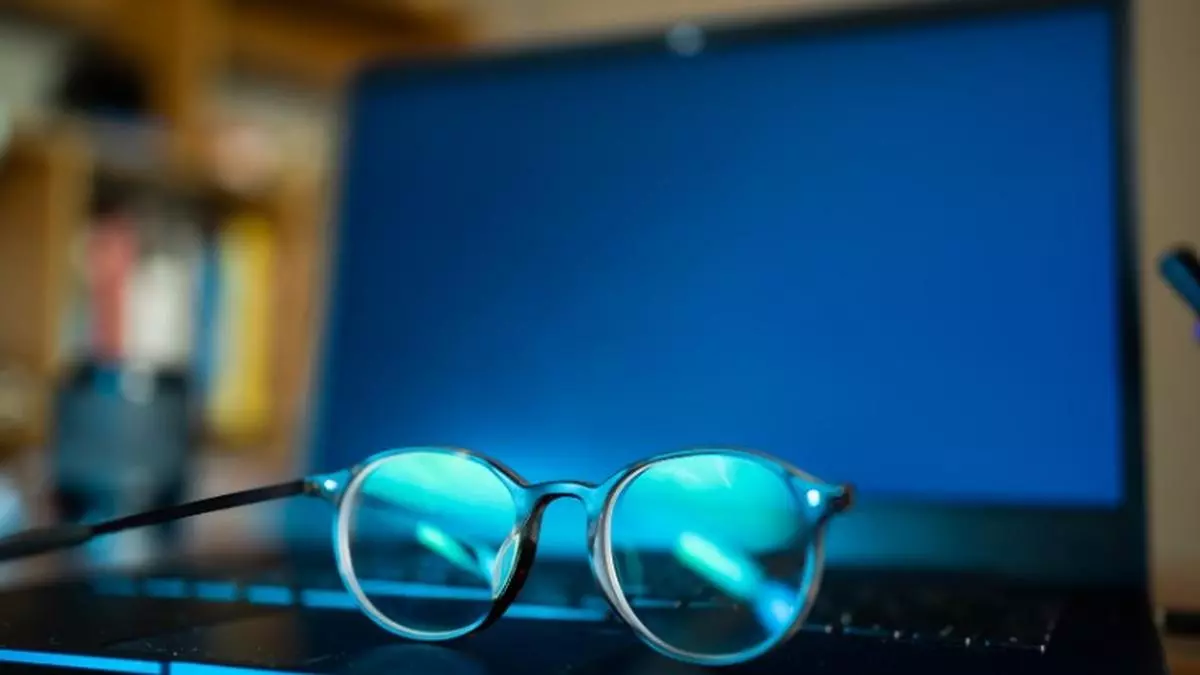A comprehensive analysis of 73 studies involving over 113,000 participants found that using bright screens before bed delays sleep onset by less than three minutes on average.

Impact of Blue Light on Sleep
It’s one of the most pervasive messages about technology and sleep. We’re told bright, blue light from screens prevents us falling asleep easily. We’re told to avoid scrolling on our phones before bedtime or while in bed. We’re sold glasses to help filter out blue light. We put our phones on “night mode” to minimise exposure to blue light. But what does the science actually tell us about the impact of bright, blue light and sleep?
What We Found
Our group of sleep experts from Sweden, Australia, and Israel compared scientific studies that directly tested the impact of blue light. We found that the overall impact was close to meaningless. Sleep was disrupted, on average, by less than three minutes. The idea that blue light from screens stops you from falling asleep is essentially a myth, albeit a very convincing one.
What We Did
We gathered evidence from 73 independent studies with a total of 113,370 participants of all ages examining various factors connecting technology use and sleep. We found a link between technology use and sleep, but the relationship is complex. Sometimes technology use can lead to poor sleep, and sometimes poor sleep can lead to more technology use.
How Technology Might Affect Sleep
Technology is proposed to harm our sleep in several ways, but here’s what we found:
- Bright Screen Light: Across 11 experimental studies, people who used a bright screen emitting blue light before bedtime fell asleep an average of only 2.7 minutes later. Some studies showed people slept better after using a bright screen.
- Arousal: Across seven studies, people engaging in more alerting content (e.g., video games) lost an average of about 3.5 minutes of sleep compared to those engaging in less exciting content (e.g., TV).
- Sleep Disruption: Sleep disruption from night-time technology use, such as being awoken by text messages, can lead to sleep loss, but this is unrelated to blue light exposure before bedtime.
Factors Encouraging Technology Use
Research suggests people use more technology at bedtime to fill time or calm down negative emotions. Factors like risk-taking behavior, fear of missing out, and social pressures can also encourage technology use late into the night.
What Helps Use Technology Sensibly
The two main factors that help use technology sensibly before bed are self-control and having a parent or loved one to help set bedtimes.
Why Do We Blame Blue Light?
The blue light theory involves melatonin, a hormone that regulates sleep. Bright natural light activates certain cells in our eyes that signal to our brain it’s time to be alert. Artificial light from devices could interfere with melatonin production, but studies show it would require light levels of about 1,000-2,000 lux to have a significant impact. Device screens emit only about 80-100 lux, while natural sunlight provides about 100,000 lux.
What’s the Take-Home Message?
Bright light does affect sleep and alertness, but research indicates that light from devices such as smartphones and laptops is not bright or blue enough to disrupt sleep significantly. Understand your own sleep needs and how technology affects you. Listen to your body and turn off your device when you feel sleepy.
None